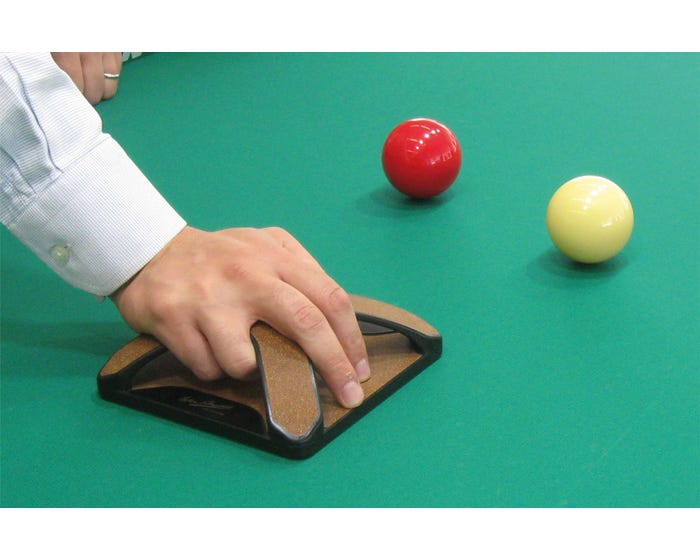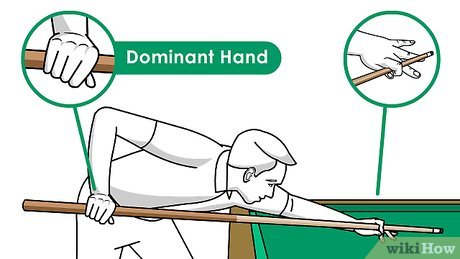
When selecting a cue tip, consider its material. The material is either soft, medium, or hard. It can also influence how the cue feels. Firm shots may feel better. It also has an effect on the squirt as well as the sideways tip flex. The shaft flexibility and endmass flex decrease when the tip feels soft.
Hard
Professional and high-level players prefer a hard cue tip. It's easier to maintain than soft tips and lasts for longer. It absorbs the cue ball's energy better than a softtip.
Soft
A soft cue tip can prove to be very helpful when a player needs a more flexible cueball. These tips are usually made of leather and can be found in many different hardness levels. Materials used to make them can range from laminated leather to single-piece materials. Other common materials include phenolic and bakelite.

Medium
Kamui Cue Tip products are made from premium Pigskin. This allows for maximum porosity and humidity resistance. They are also resistant to chalk, so they can improve tip-grip. These tips will last for years, and you can buy a set of ten.
Phenolic
Your break shot can be boosted by adding a phenolic tip to your pool cue. This material offers a smoother contact surface that is also more responsive under pressure. These properties make phenolic tip a great option for players seeking increased power.
Leather
The most common tip type is the leather cue. Leather tips, unlike synthetic ones that are made from plastic or cork offer superior control and durability. Leather tips are more popular, but synthetic tips might be better suited for home use.
Splice
If you're thinking about buying a new pool cue, there are a couple of different ways to splice the tip of it. Some prefer to hand splice the tips. This method is more complicated and can be more costly. A hand splice can be purchased if you wish to play with a top-quality cue.

Size
It is a good rule of thumb to ensure that your shaft is the same length as the tip of the cue. This will ensure that you hit the ball more evenly, and generate less vibration. A smaller tip will also produce less squirt when you hit the ball, which will help you get a better feel for your shots.
Materials
When choosing materials for a cue tip, it is important to consider the angle and the spin of the ball. A slightly rounded tip allows the player to impart spin to the ball. A rounded tip is usually rounder than a dime's curvature. A rounded tip is also typically thicker than a nickel.